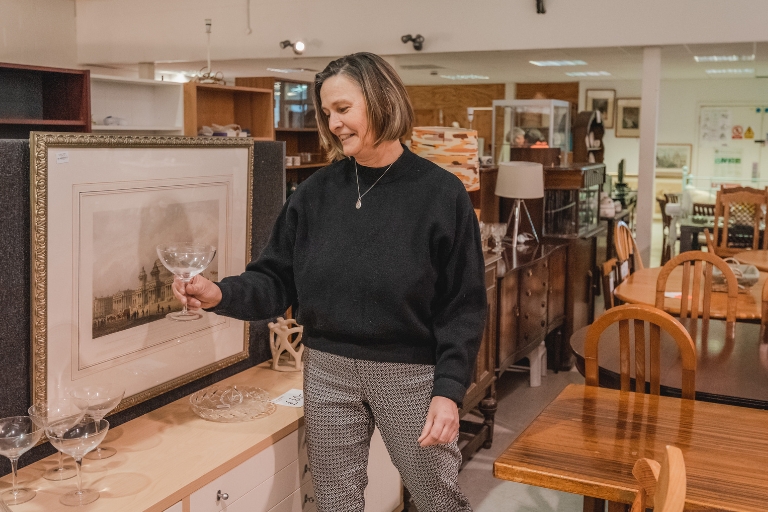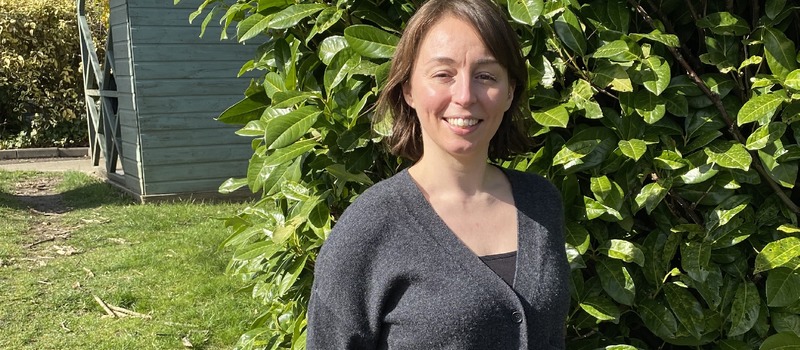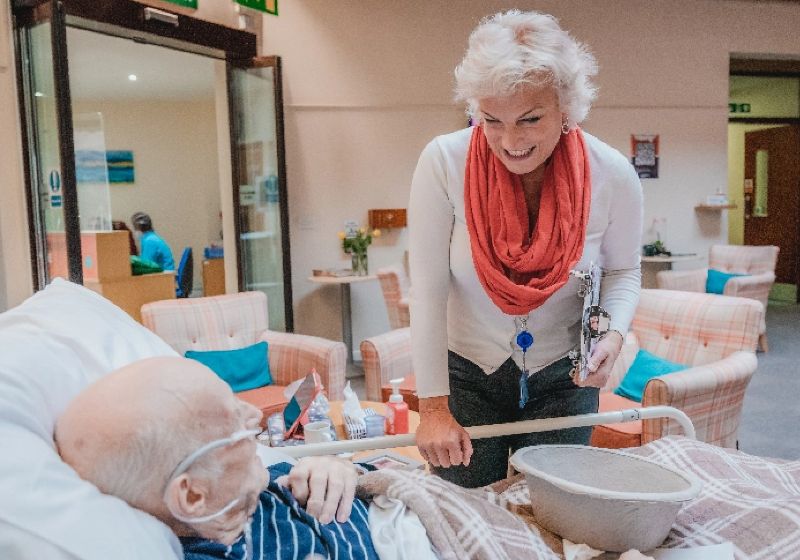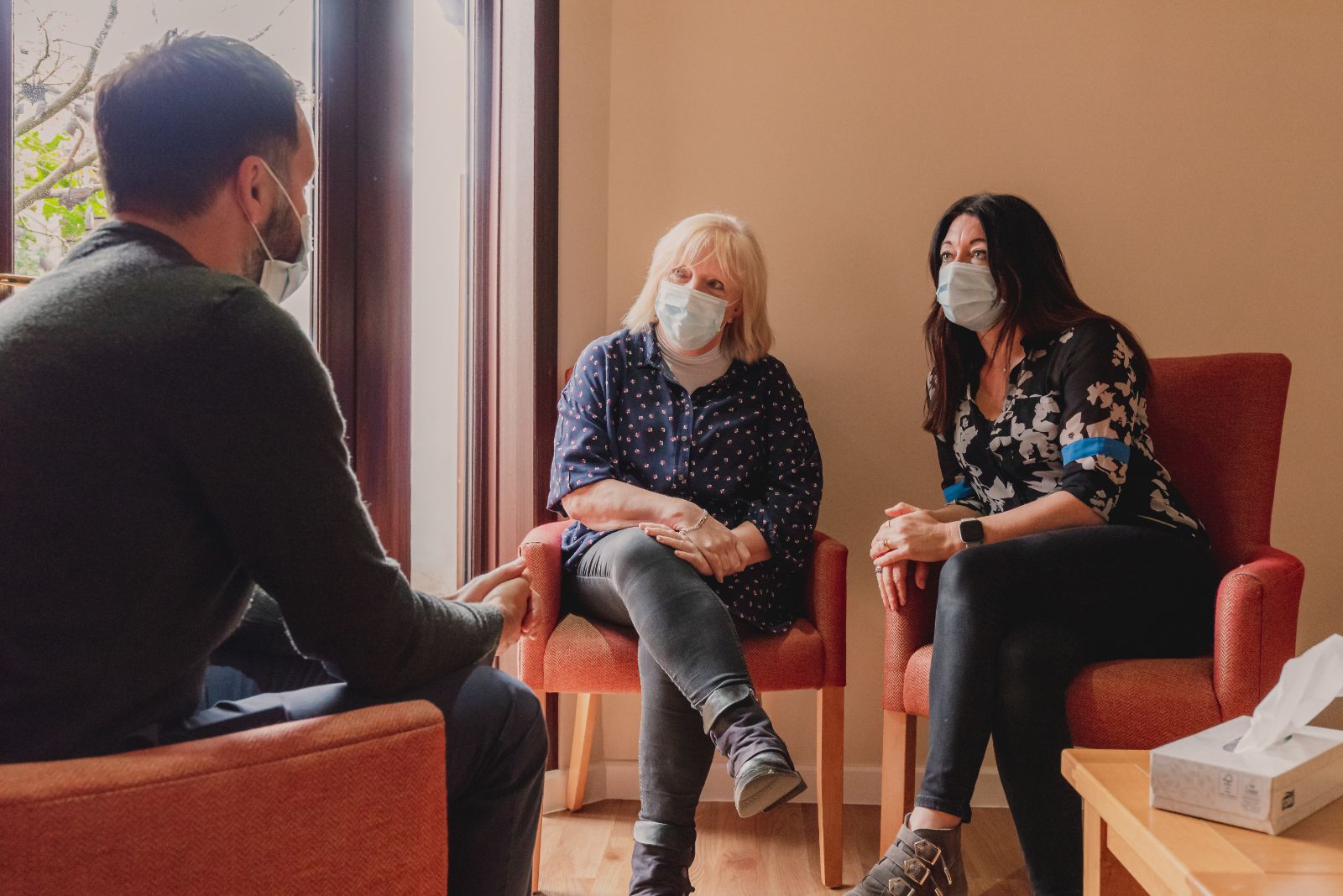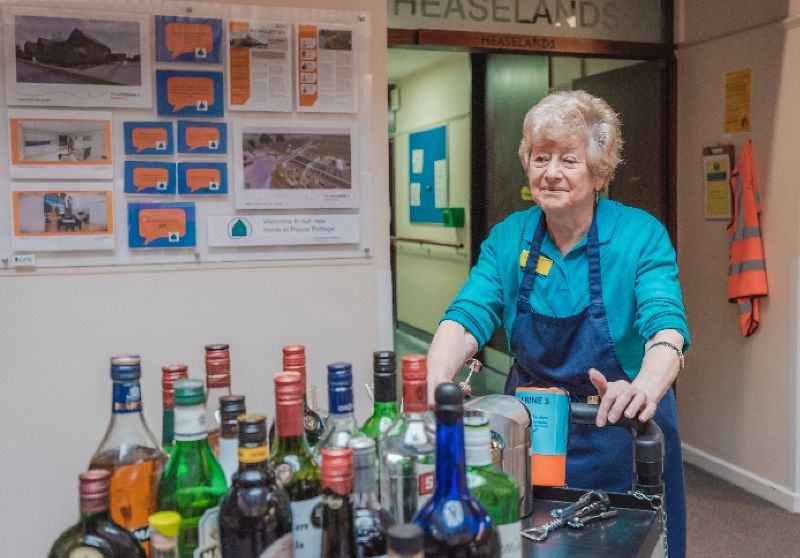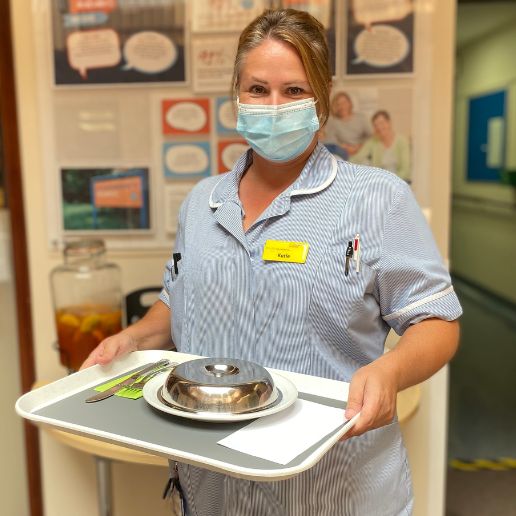Social Work and Me
A couple of weeks ago it was Social Work Week. As part of this, Jo, our new Social Worker, reflected on what social work means to her.
“What is social work?
Social work can be hard to define as it’s often varied and adaptive, but I’ve reflected on how well it fits into hospice work, sharing ideas of working holistically and combining emotional and practical support, with the goal of enabling people to achieve what matters most to them at end of life and in bereavement.
I heard someone earlier this week say that ‘there are no quick fixes to complex problems’ and that is often how social work feels.
While there can be quick, or at least quicker, fixes, in my experience it is often relationship based work built on transparency and trust that enables meaningful discussions and resolution to take place.
Life for me is about connection, and in my experience it is what so often gives life meaning for people
Social work therefore often focuses on this, whether it’s working with individuals with complex family issues, reducing isolation or working in partnership with people so that they feel safe and have control in their lives and relationships.
I have always felt in a privileged position getting to know individuals and families, sharing their hopes and fears. For me social work is about really listening and finding ways to understand what is not being said. Looking at the whole picture and seeing the person with all their strengths and experiences within the context of their family and community. Knowing what makes life meaningful for them and how we can make support fit with this.
Working with people on their terms and seeing the person underneath the patient, understanding obstacles and why individuals might not engage with support offered and working alongside individuals to reduce barriers that individuals face accessing safe and secure housing, advocating and linking people in with support.
At the heart of social work is enabling individuals to build resources in their community to resolve their own issues, while also recognising when people are in crisis, are struggling and feel alone they may need help to sort out their problems.
Social work is at its best when it is alongside the amazing skills and knowledge of nurses, doctors, occupational therapists, physiotherapists, counsellors, psychologists, advocates, chaplains and everyone else in the wider St Catherine’s team.
Social work at St Catherine’s
I’m keen to learn more about the needs of patients, families and carers under St Catherine’s and how social work can support them and colleagues at the hospice.
Here are some examples below to give you an idea of when a St Catherine’s team member might refer families, pre or post bereavement, for social work support;
- When individuals are feeling anxious about relatives coping practically when they die
- Preparing for guardianship of young children and legacies (emotional and financial)
- Supporting adults to support children under 18 or over 18 who are vulnerable
- Family/relationship breakdown, loss of intimacy and change to roles within a partnership
- Safeguarding concerns
- Risk taking behaviour
- Self- neglect / hoarding
- Behaviour which presents as aggressive, combative to staff
- History of homelessness, addiction or when someone has a learning or physical disability
- Family members preoccupied by concerns regarding funerals
- Mental capacity act – usually around place of discharge and care planning – requiring best interest meetings with relatives
- Relatives with visa and immigration issues
- Housing concerns
- Recent late stage diagnosis
- Sudden deterioration and rapid loss of independence”


